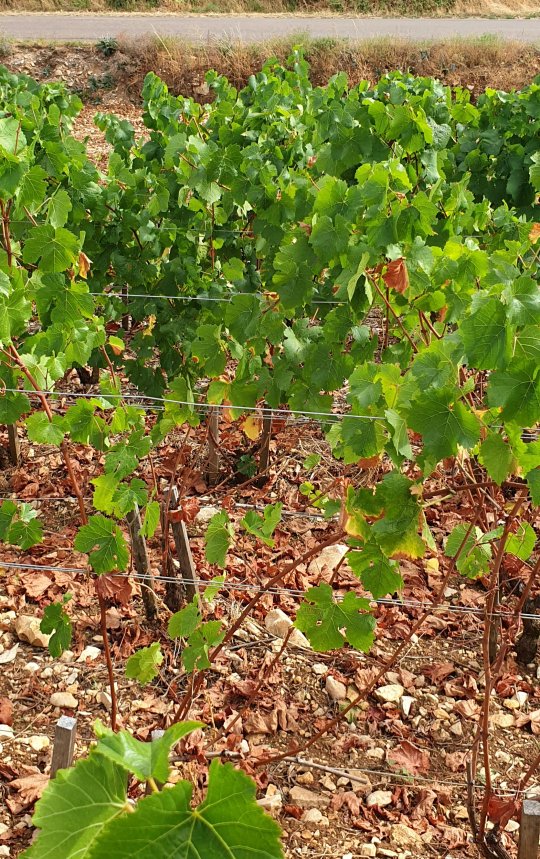Vines, like other plants, require three categories of resources to grow: carbon, nutrients and water. When one of these resources is lacking, vines can become stressed. A water deficit, when moderate, can help improve the grapes' potential quality but, conversely, can have a negative effect on production when it is not controlled. Irrigation is authorized in some winegrowing countries/regions, sometimes depending on the type of production, and can reduce the harmful effects of a lack of water.
2.9.1 What are the consequences of a severe water deficit?
Irrigation can reduce the consequences of a significant water deficit. If it is essential to the vineyard's survival and is implemented in an appropriate, efficient manner, irrigation in winegrowing and in agriculture generally, can help maintain the abundance, diversity and quality of production.
In a region where water constraints are severe, dry-farming can have many consequences for vines:
- Defoliation phenomena causing a decrease in leaf surface and a decrease in photosynthetic activity
- Decreased growth of branches, and loss of vigour
- Decreased volume and weight of the berries
- Modification of the wine's characteristics (decrease in acidity, increase in sugar concentration and polyphenol content).
- Interruption of lignification: this can result in a decrease in the vines' accumulation of reserves, and even exhaustion in the medium to long term
- Ripening being checked.
In some cases, dry-farming can be practised if the soil is deep, but it can be a long time before the vines start producing, and there is a significant risk of mortality.

